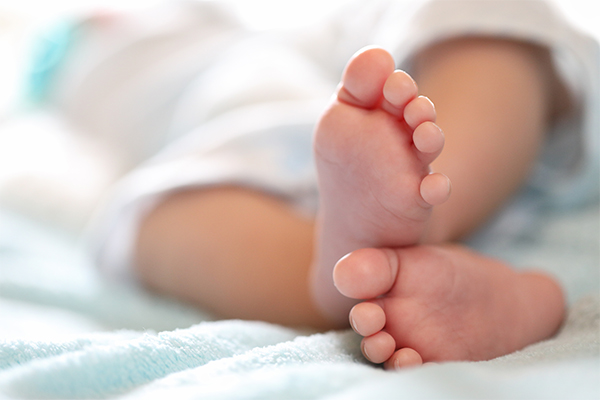‘Not just an adult disease’: Baby in intensive care tests positive to COVID-19

Four coronavirus cases have been linked to the neonatal intensive care unit at the Royal Children’s Hospital.
A baby, two parents and a healthcare worker in the unit have tested positive to coronavirus.
All babies, staff and parents who have spent more than two hours on the Butterfly Ward since July 12 will be tested for COVID-19.
It comes after Paediatrician and Chief of Medicine at the Royal Children’s Hospital, Associate Professor Tom Connell, this morning revealed a baby aged under three weeks had contracted coronavirus.
Professor Tom Connell, warned that while coronavirus is less common in children, they are not immune.
“Children are susceptible to COVID-19,” he told Neil Mitchell.
“It’s not just an adult disease. There’s still a lot we don’t know about it.”
According to the Department of Health and Human Services, 219 children under four have tested positive to COVID-19 in Victoria.
Four cases have been linked to the neo-natal intensive care unit at the
Professor Connell said children under one year of age, who are male, or have pre-existing medical conditions, are at highest risk of needing to be hospitalised if they contract COVID-19.
He urged parents to get their children tested if they suspect they could have coronavirus.
“The most important thing is to be alert, use your instincts when your child is not quite right … because it could be COVID-19,” he said.
Common symptoms among young children include decreased feeding, fast breathing and fever.
Press PLAY below for the full interview.
Resources on how to explain COVID-19 and the testing process to children are available HERE.















